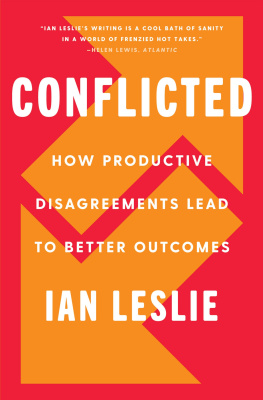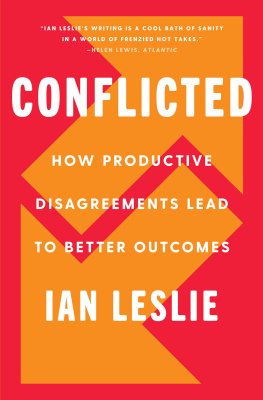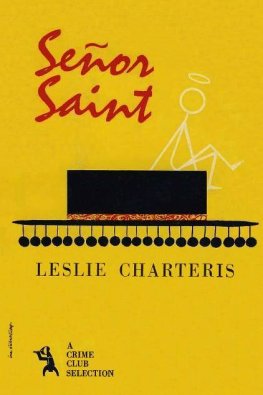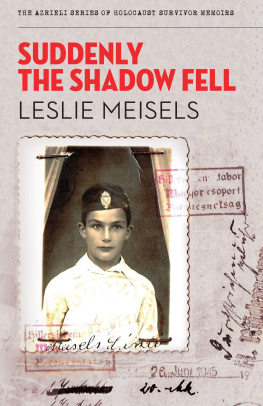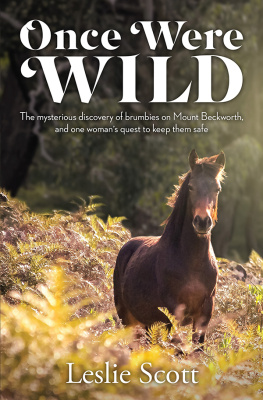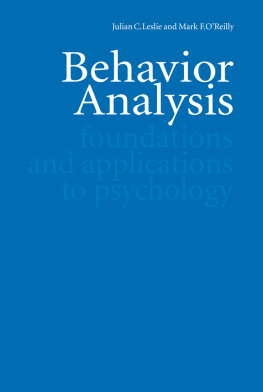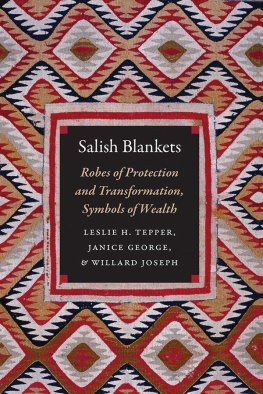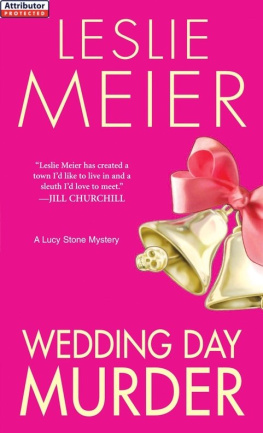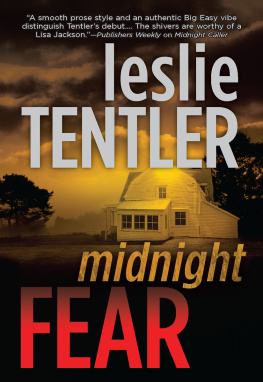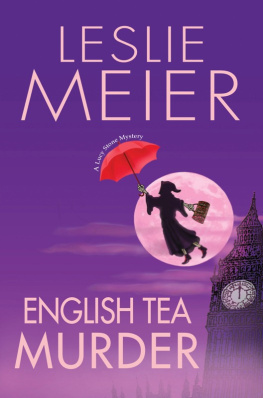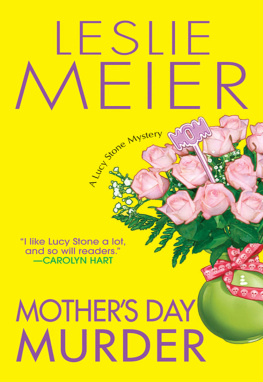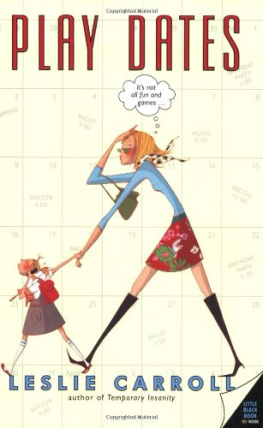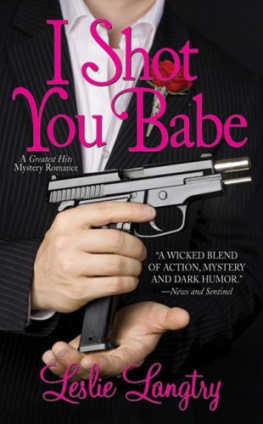Ian Leslie - Breakdown
Here you can read online Ian Leslie - Breakdown full text of the book (entire story) in english for free. Download pdf and epub, get meaning, cover and reviews about this ebook. year: 2019, publisher: HarperBusiness, genre: Politics. Description of the work, (preface) as well as reviews are available. Best literature library LitArk.com created for fans of good reading and offers a wide selection of genres:
Romance novel
Science fiction
Adventure
Detective
Science
History
Home and family
Prose
Art
Politics
Computer
Non-fiction
Religion
Business
Children
Humor
Choose a favorite category and find really read worthwhile books. Enjoy immersion in the world of imagination, feel the emotions of the characters or learn something new for yourself, make an fascinating discovery.
- Book:Breakdown
- Author:
- Publisher:HarperBusiness
- Genre:
- Year:2019
- Rating:4 / 5
- Favourites:Add to favourites
- Your mark:
- 80
- 1
- 2
- 3
- 4
- 5
Breakdown: summary, description and annotation
We offer to read an annotation, description, summary or preface (depends on what the author of the book "Breakdown" wrote himself). If you haven't found the necessary information about the book — write in the comments, we will try to find it.
Breakdown — read online for free the complete book (whole text) full work
Below is the text of the book, divided by pages. System saving the place of the last page read, allows you to conveniently read the book "Breakdown" online for free, without having to search again every time where you left off. Put a bookmark, and you can go to the page where you finished reading at any time.
Font size:
Interval:
Bookmark:
For Douglas, on whom we all agree.
At every opposition, we do not consider whether it be just
but, right or wrong, how to disengage ourselves. Instead
of extending our arms, we thrust out our claws.
Michel de Montaigne
Without contraries is no progression.
William Blake, The Marriage of Heaven and Hell
Everyone nodded, nobody agreed.
Ian McEwan, Amsterdam
Contents
I know very little about the man Im about to meet except that he is suspected of a horrific crime and that he regards me as the enemy.
Im sitting in a brightly lit, sparsely furnished room, in an anonymous hotel somewhere in rural England. Thick curtains are drawn across the only window. In front of me is a table; opposite, an empty chair. To my right sits a police officer, who is telling me about the suspect, who, Im told, is waiting outside. The officer talks me through the excruciating details of the crime. He tells me what we know about it and what we dont, and about the crucial information that I somehow need to extract from the suspect. He tells me that this man is proud, angry and cunning.
Im trying to concentrate on what the officer is saying, but my brain is whirring away on the encounter to come. This man doesnt want to be here. He doesnt like people like me. How am I going to get someone with whom I am so fundamentally at odds to open up to tell me anything at all, let alone the truth?
The briefing is finished. I keep my hands flat on the table so that the officer wont see them shaking. Are you ready, says the officer. Yes, I lie. A door opens. The suspect swaggers into the room.
His name is Frank Barnet. Hes a delivery driver, a burly man who carries himself with a confidence I certainly dont feel. A minute ago, I was briefed that Barnet had been behaving aggressively while in custody, shouting at the officers. Apparently, he was upset that he had been arrested while dropping off his children at school. Barnet takes the seat opposite and focuses a cold gaze on me. Trying not to betray any evidence of nerves, I start by asking if he can recall what he was doing last Sunday afternoon.
Why the fuck should I tell you anything?
Oh man. I am not used to this. Most of my conversations are with people who at least want to talk to me. They usually want it to go well, and so do I. Even if we dont agree on what were talking about, we agree on how were going to talk about it. The removal of that unspoken consensus feels alarmingly disorienting. I try again, explaining to Barnet that I just want him to help me understand what he was doing that day.
FB: Why are you talking to me?
IL: Were talking to people who were in the area
FB: I dont give a fuck about people, why are you talking to me, Frank Barnet? Why me?
My stomach lurches. A part of me wants to return his hostility, with interest. What right does he have to be so aggressive? Hes the one suspected of a crime, not me. Another part of me wants to avoid any confrontation at all and apologise. I feel confused, uncomfortable, stuck.
* * *
For years now, Ive been fascinated by the question of why so many of our public disagreements go so badly. People with differing views seem to find it increasingly hard to argue productively, instead becoming mired in acrimony or stuck in a grinding neutral gear. Then I noticed that the same problems apply to our private lives too. Whether its parents arguing with their children or workplace quarrels, our inability to disagree well seems to act as a roadblock to progress. Shouldnt we be able to express conflicting views without getting into toxic rows or fruitless stalemates? Whats getting in our way?
Unable to answer these questions to my satisfaction, I started to do some research. I spent time reading about the principles of good intellectual debate as established and refined by thinkers over thousands of years, from the ancient philosophers onwards. Principles like assume good faith, get to know your opponents argument as well as your own, dont argue with straw men. It was wise and enlightening stuff, but something nagged away at me. Like healthy eating or exercise, it seemed much easier to know what you ought to do in disagreement than to do it. I grasped the theories, but the moment I got into a row with my boss or my wife or a stranger on social media, theory went out of the window. I came to think of productive disagreement not as a philosophy so much as a discipline, and a skill.
People are not logic machines. We are egotistical, proud, impulsive, insecure and needy. Rather than being a pure exchange of opinions and evidence, an argument is nearly always entangled with how we feel about each other. Thats not necessarily a bad thing: emotions can help us fight our corner or make us sympathetic to anothers view. But emotions can work against healthy disagreement too. Primordial instincts kick in, clouding our minds and distorting our behaviour. Unspoken tensions simmer under the surface of the politest disagreements, sometimes boiling over into anger, sometimes leading us into sullen withdrawal, but other times pushing us towards truthfulness and intimacy.
When we disagree, we bring the whole of our selves to the conversation: head, heart and gut. The trouble with most treatises on debate or argument is that they only focus on the first. I wanted to address all three. Thats why I persuaded an interrogation expert to let me role-play the part of a police interviewer. Most of the disagreements you or I have in our everyday lives do not obviously resemble criminal interviews. Our arguments might be about the best way to run a project at work, or whether its OK to eat meat, or which of us is drawing too heavily on the joint account. But they do have something fundamental in common with the one I had with Frank Barnet, and its this: they are, at least in part, related to how we feel about each other. Underneath every disagreement a wordless negotiation over a relationship is taking place. If we dont settle that, the conversation doesnt stand a chance.
The most difficult disagreements can be transformed into productive conversations by paying close attention to this hidden dimension. Some people do this for a living. We can learn a huge amount from those who manage highly charged, high-stakes, adversarial conversations in the course of work: police officers, hostage negotiators, diplomats and others. Ive found remarkable similarities between the challenges faced by these experts and those faced by any of us in a marital row, political debate or workplace dispute. By combining this lived expertise with ideas and research from communication science and cognitive psychology, Ive been able to identify a universal grammar of productive disagreement, available for any of us to apply to our lives.
In the course of doing so Ive not only role-played the part of a criminal interrogator; Ive travelled to Memphis to watch cops being trained in how to handle tense encounters on street corners where the prospect of violence is never far away. Ive talked to divorce mediators about how they get two people who can barely stand to be in the same room as each other to come to an agreement. Ive asked therapists about how they talk to patients who resist every piece of advice they are given, and Ive learned how hostage negotiators talk people out of blowing up a building or throwing themselves off a bridge. These professionals do very different things but they are all experienced at retrieving something valuable from the most unpromising of circumstances. They are masters of the conversation beneath the conversation.
Ive learnt a lot about humans along the way, including the one writing these words. Im not one of lifes natural warriors; even mild confrontation can make me itch with discomfort. But Ive learnt that conflict is not something to be avoided at all costs, and that in the right circumstances, it has immense and gratifying benefits. Ive learnt that children are happier when they have open disagreements with their parents as long as those disagreements dont turn poisonous and that couples who have vigorous arguments are often more content than those who avoid confrontation. Ive learnt that workplace teams function at a higher level when they know how to disagree directly, even passionately, without tearing at the fabric of their relationships. Ive learnt that too much agreement is bad for us, and that we can only make the most of our differences when we disagree well.
Next pageFont size:
Interval:
Bookmark:
Similar books «Breakdown»
Look at similar books to Breakdown. We have selected literature similar in name and meaning in the hope of providing readers with more options to find new, interesting, not yet read works.
Discussion, reviews of the book Breakdown and just readers' own opinions. Leave your comments, write what you think about the work, its meaning or the main characters. Specify what exactly you liked and what you didn't like, and why you think so.

